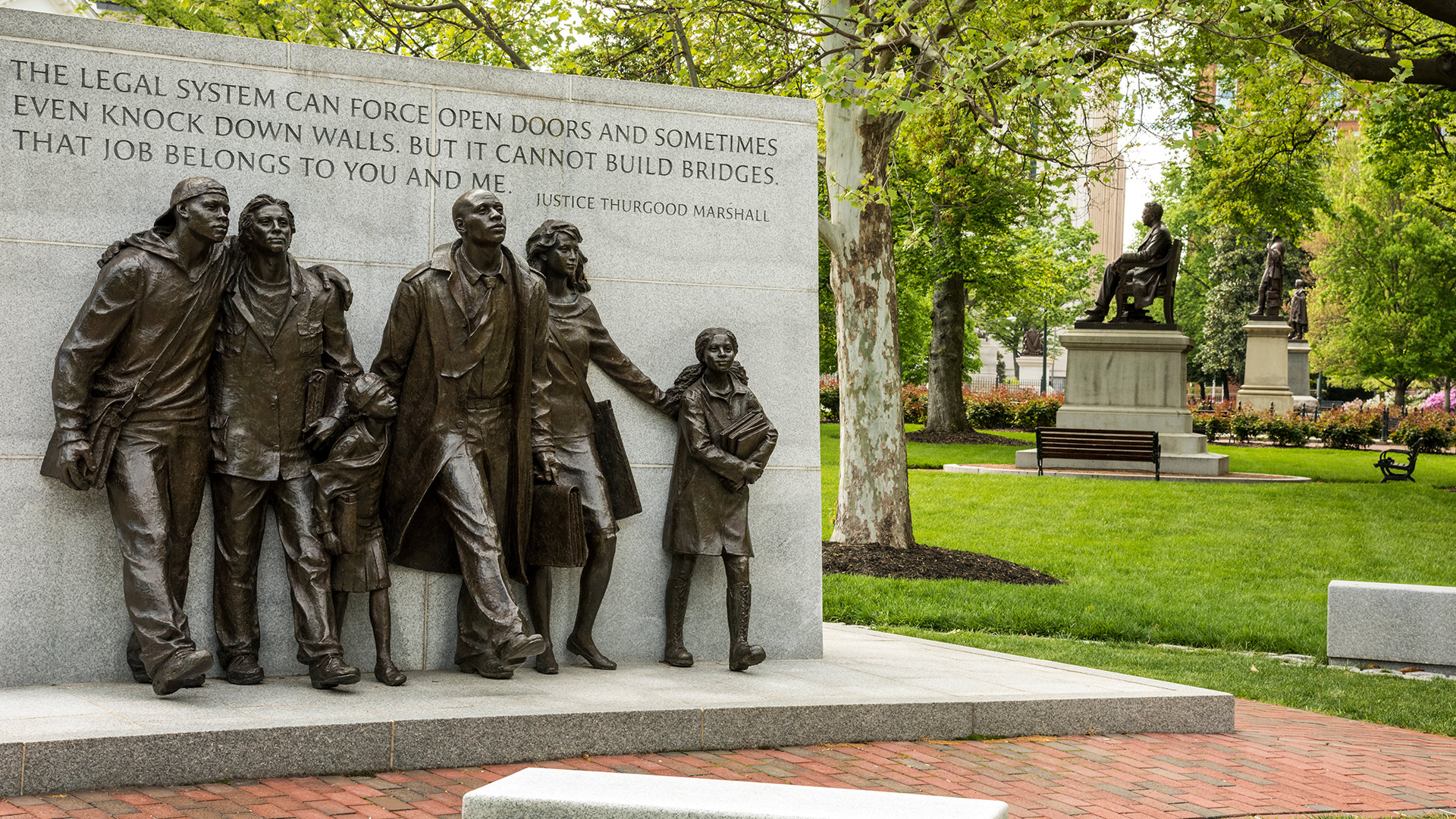Bachelor of Criminal Justice (BCJ) Program
Criminal Justice is the study of both domestic and international structures, functions, behaviors, and public policies related to the apprehension, prosecution, sentencing, and incarceration of offenders.
Criminal Justice is the study of both domestic and international structures, functions, behaviors, and public policies related to the apprehension, prosecution, sentencing, and incarceration of offenders.
Bachelor of Criminal Justice (BCJ) Degree Requirements
The components of the criminal justice program consist of theory, research, criminal law, law enforcement, corrections, and juvenile justice.
In addition to general studies requirements, students must meet all University requirements
(e.g. grades of "C" or better in Gordon Rule Courses), and grades of "C" or above
in all criminal justice courses.
Students must master CCJ 2010 “Introduction to Criminal Justice” before taking upper
level courses. It is expected that these twenty-one (21) semester credit hours of
core courses will be taken at Florida A&M University. The additional nine (9) semester
hours are to be taken from a single substantive area.
Students may choose from the substantive areas of:
(1) Legal Studies
CCJ 4932 Contemporary Judicial Issue (3) OR CJL 4065 American Criminal Procedure (3)
CCJ 4031 Cases In Corrections (3)
CJL 4064 American Criminal Law (3)
(2) Minority and Gender
CCJ 4670 Women And Crime (3)
CCJ 4662 Race, Class, And Justice (3)
CCJ 3129 Multicultural Perspectives on Adolescence and Adolescent Development (3)
(3) Juvenile Justice
CJJ 3010 Juvenile Delinquency And The Juvenile Justice System (3)
CJJ 3544 Youth Management, Community Organization, And Advocacy(3)
CJJ 3545 Social Problems Of Youth (3)
(4) Corrections
CCJ 4031 Cases In Corrections (3)
CCJ 4360 Contemporary Issues in Corrections (3)
CJC 4164 Community Corrections (3)
Criminal Justice majors are required to complete eight (8) required courses totaling thirty (30) semester hours of upper division criminal justice courses and three (3) courses in a designated substantive area* as provided below:
- CCJ 2010 Introduction to Criminal Justice (3)
- CCJ 3117 Theories of Criminal Behavior (3)
- CCJ 3718 Statistics in Criminal Justice (3)
- CCJ 4700 Research Methods in Criminal Justice (3)
- CCJ 4934 Seminar in Criminal Justice (3)
- CJE 4065 Police and Society (3)
- CJL 3510 American Court System (3)
- CJL 4012 Penology (3)
CCJ 4947 Field Experience In Criminal Justice (3)
Minors in criminal justice are required to complete eighteen (18) credit hours of course work [15 hours must be satisfied at the 3000 level or above]. The following course may not be used to satisfy the minor: CCJ 4947 Field Experience in Criminal Justice (Internship).
Learn more about Minoring in Criminal Justice
Criminal Justice Course Offerings: The course offerings indicate courses offered during the Fall and Spring semesters.
Criminal Justice Program Curriculum : The degree audit is a management tool to indicate what major courses have been completed and which are needed to earn a BCJ degree.







